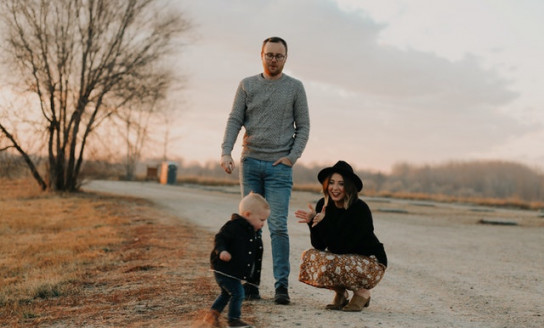What developmental milestones are
Developmental achievements are called “milestones”, and they represent what most children can do at a certain age.
When children achieve these milestones can vary a lot - some children might start walking independently as early as nine months, while others don’t walk until they’re 15 months or even older. Some might start talking at six months, and others might hold off for many more months. Milestones are an indicator of how children usually develop, and monitoring them can help us keep an eye out for any potential problems.
Physical milestones
Physical milestones involve motor skills - the skills that enable the movements and tasks we do every day.
Large body movements are called gross motor skills and involve control and coordination of large muscles in the body like your arms and legs. They’re usually the first to develop, and include skills like sitting up, crawling, standing, walking, and keeping balance.
Small body movements or fine motor skills involve precise movements using the small muscles in hands and fingers, like picking things up, using a fork, or holding a pen.
Cognitive milestones
These refer to how children think, explore, learn and figure things out. Brain development is part of cognitive development. Cognitive milestones include things like learning to respond to voices and facial expressions, coping actions like using a spoon or getting dressed, and later on, learning things like the alphabet.
Social and emotional milestones
These milestones relate to how your child learns to interact and play with others, and how they recognise and respond to their own emotions and the emotions of others.
Vision and hearing
How your baby’s vision and hearing develops is important for the way they learn, communicate and interact. There are milestones that tell us how vision and hearing is developing, like a child starting to watch their family move around a room and responding to voices they know.
Communication milestones
These developmental milestones involve verbal (noises, babble and eventually language) and non-verbal communication like body language and gestures.
What's "normal" in child development
All children are different and each baby develops differently, so there’s a wide range of “normal.” You might find it stressful if you compare your baby or child to others – it might mean you worry when you don’t need to.
But, if over several months you notice your child isn’t developing social, communication, or physical skills at the same rate as most other children their age, and you’re concerned, speak with your Plunket nurse or GP. There are lots of reasons why a child may have a developmental delay, which could be short or long-term. It’s best to get your child checked as early as possible so if there is a delay, investigations and treatment can begin if needed.
Baby development videos
